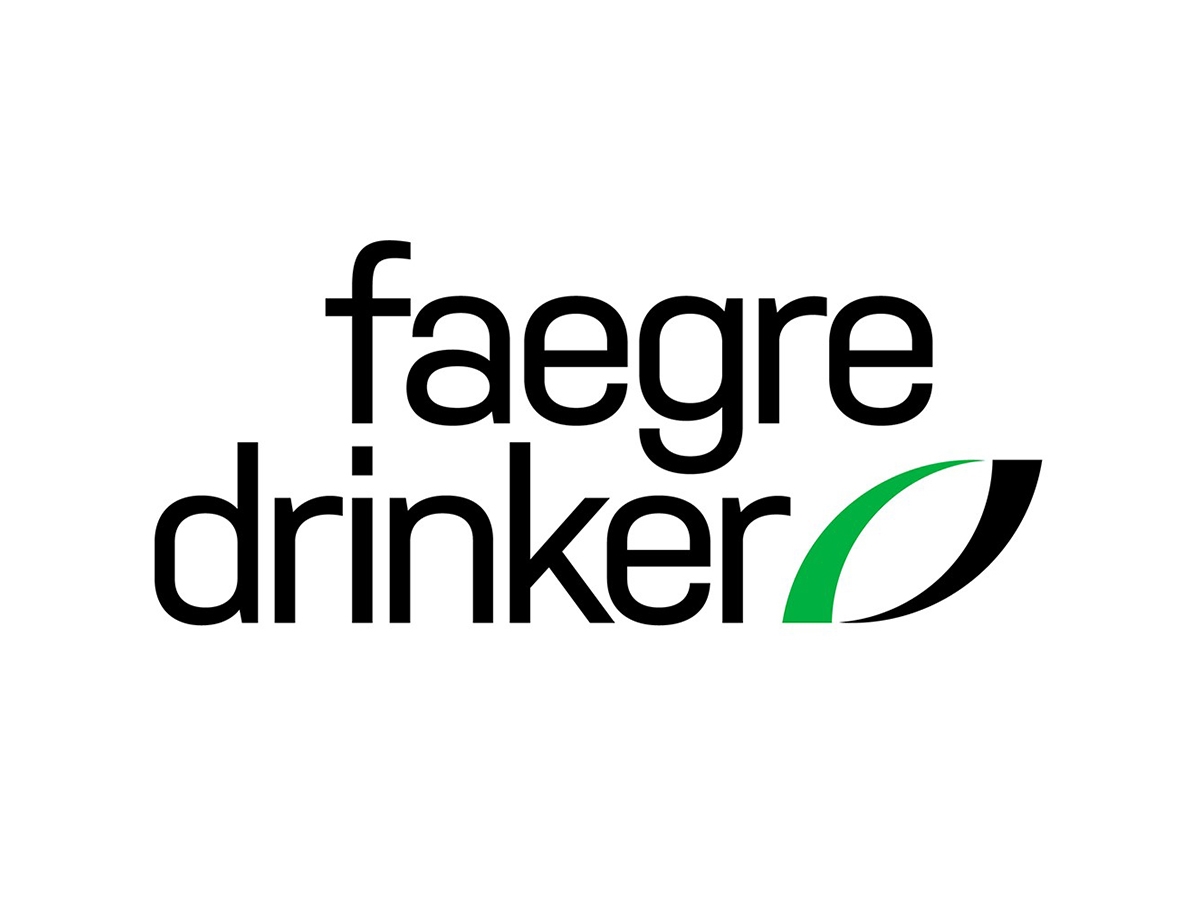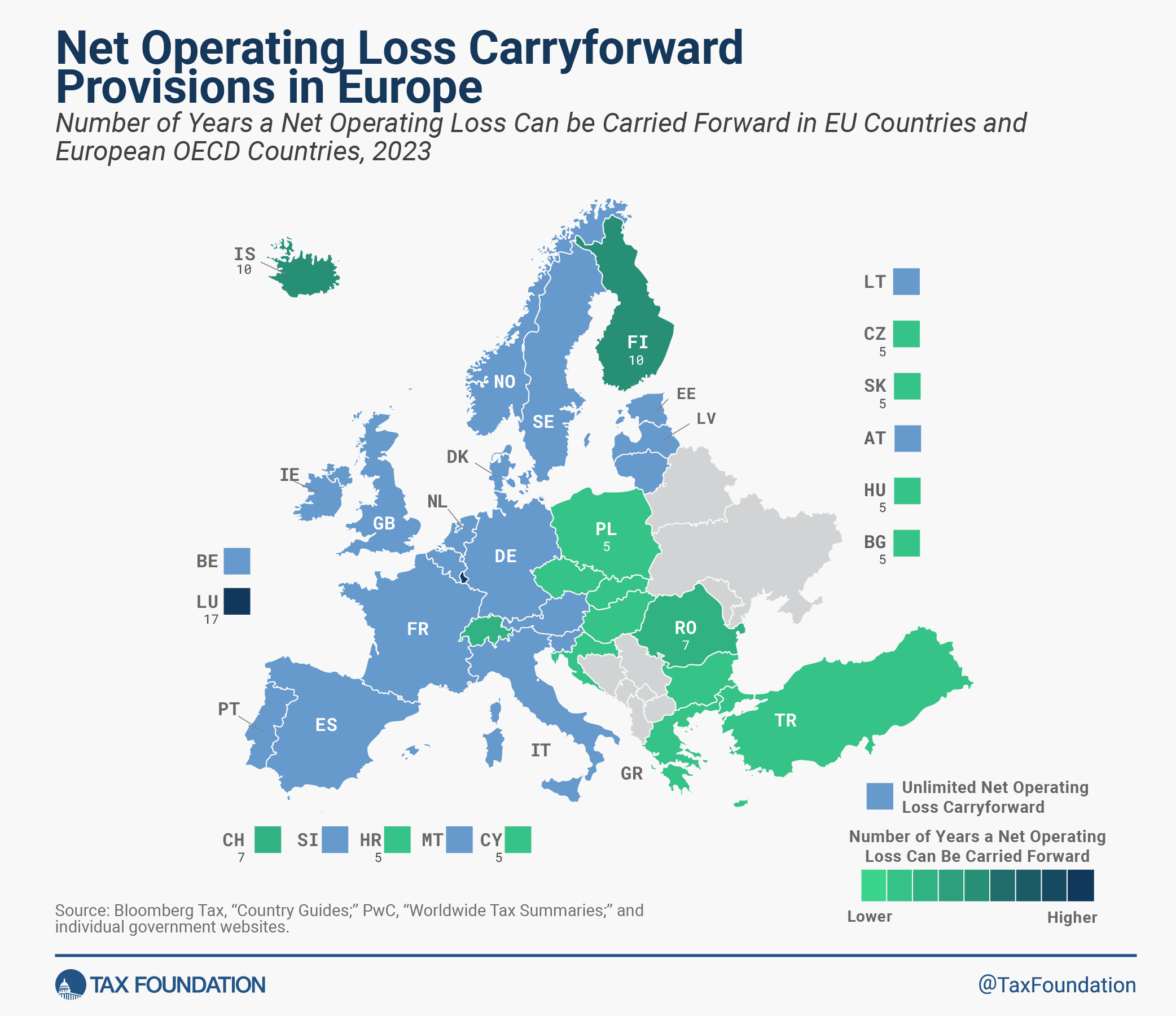Government Shutdown Watch | Tax Policy Center
House GOP looks for government funding compromise with September 30 deadline creeping closer. Per Politico, Republican House leaders will meet this week to come up with a government funding plan that can get enough votes to pass. The good news is that when the House is ready to negotiate, the Senate is already set to go.
Treasury watchdog calls out IRS on missing documents. Paper is often described as the Achilles’ heel of the IRS, given the additional processing time required. But now the IRS is trying to locate some missing microfilm. A recent report from the Treasury Inspector General for Tax Administration found issues with the agency’s handling of backup cartridges, which store sensitive taxpayer information that the IRS is supposed to retain for 30 years for individuals and 75 years for businesses. In its response, the IRS said it would work with stakeholders to ensure records are maintained as required by law as it transitions to being paperless.
State and local government employment still lags the private sector. New analysis from TPC’s Sadie Bograd and Nikhita Airi shows that state and local government hiring is still moving slow compared to the private sector, which surpassed its pre-pandemic peak in early 2022. “[S]tate and local governments may now be facing more specific barriers to hiring, like burnout, long hiring processes, and pay competition with the private sector,” they write. “These challenges need to be addressed to rebuild capacity and continue delivering essential services.”
Massachusetts has a new budget with a placeholder for tax relief. Democratic Gov. Maura Healey signed into law the state’s $56 billion budget for fiscal year 2024. “We look forward to finishing the job by delivering a tax relief package that will put money back into the pockets of families, renters, seniors and more,” the governor said in a press release. The budget plan sets aside $580 million for tax relief, according to Tax Notes (paywall).
Illinois Court backs hospital group’s property tax exemption. If you follow state and local fiscal policy, you’re no stranger to seeing disputes about property tax exemptions for organizations who must meet charitable activity criteria. The latest news comes out of Illinois, where an appellate court upheld a prior decision that certain property owned by the Carle Foundation – a healthcare services organization – is owed a refund for property taxes paid between 2004 and 2011. The General Assembly has since updated state law (in 2012) to clarify when charitable exemptions should apply.






